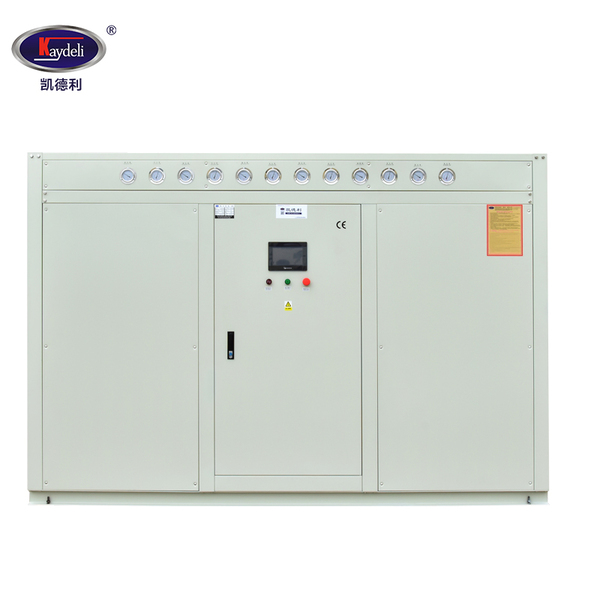We offer you 100% custom-made service Inquiry
Water-cooled chillers play a vital role in maintaining optimal temperatures in various industrial and commercial applications. To ensure their longevity and efficient operation, proper water treatment is essential. In this article, we will explore the significance of water treatment in maximizing the lifespan of water-cooled chillers. By understanding the importance of water quality and implementing effective treatment measures, you can extend the lifespan of your chiller system and minimize costly repairs.
Corrosion caused by untreated water can damage chiller components, leading to reduced efficiency and frequent breakdowns.
Implementing water treatment measures such as corrosion inhibitors helps protect the chiller's internal surfaces from corrosion, prolonging its lifespan.

Untreated water often contains minerals and impurities that can form scale and deposits on chiller tubes and heat exchangers.
Proper water treatment, including the use of scale inhibitors and regular cleaning, prevents the accumulation of scale, ensuring efficient heat transfer and reducing the risk of equipment failure.
Stagnant or untreated water provides an ideal environment for microbial growth, including bacteria, algae, and fungi.
Effective water treatment methods like biocides and disinfection prevent microbial contamination, safeguarding the chiller against fouling and deterioration.
Installing appropriate filters removes suspended solids and particulate matter from the water supply, preventing clogging and protecting chiller components.
Corrosion inhibitors, scale inhibitors, and biocides are commonly used chemicals in water treatment for chillers.
Regular monitoring and adjustment of chemical dosing ensure optimal protection against corrosion, scale formation, and microbial growth.
Regular water testing helps identify any imbalances or contaminants in the chiller system.
Conducting comprehensive water analysis allows for tailored treatment solutions to maintain water quality within recommended parameters.
Water treatment plays a crucial role in maximizing the lifespan of water-cooled chillers. By addressing issues such as corrosion, scale formation, and microbial growth, proper water treatment ensures efficient chiller performance and reduces the risk of costly repairs or premature equipment failure. Implementing filtration, chemical treatment, and regular water testing are essential steps in maintaining water quality and extending the lifespan of your chiller system.
Consulting with water treatment professionals and following manufacturer guidelines will help you develop a customized water treatment plan for your specific chiller requirements. Remember, investing in water treatment not only protects your chiller investment but also enhances energy efficiency, reduces downtime, and contributes to a sustainable and reliable cooling solution.
By continuing to use the site you agree to our privacy policy Terms and Conditions.